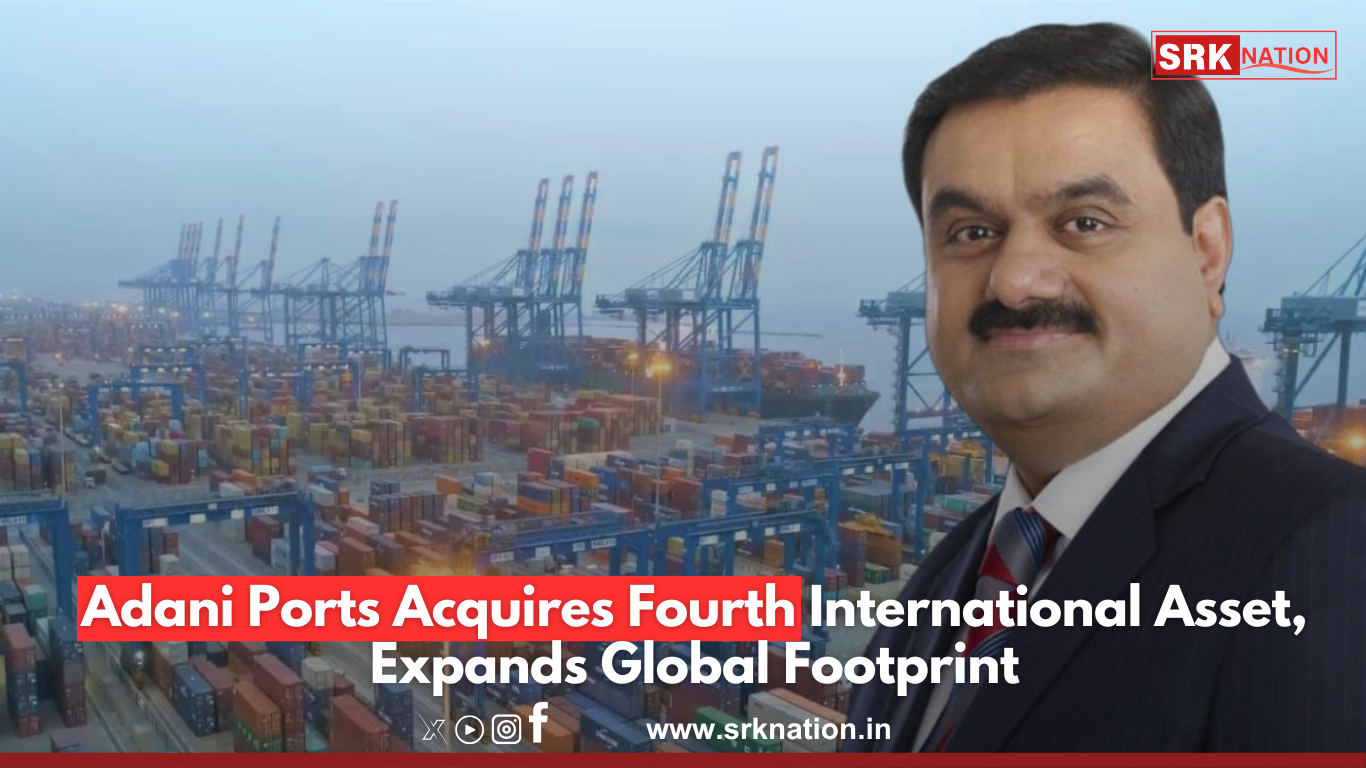Adani Ports and Special Economic Zone Ltd (APSEZ), India’s largest private port operator, has announced the acquisition of the North Queensland Export Terminal (NQXT) in Australia. This marks the company’s fourth international asset, following its operations in Haifa (Israel), Colombo (Sri Lanka), and the Port of Dar es Salaam (Tanzania). The acquisition, valued at approximately $2.4 billion, is part of APSEZ’s strategy to strengthen its global presence and enhance its cargo handling capacity.
Located at the Port of Abbot Point, about 25 kilometers north of Bowen on Australia’s east coast, NQXT is a dedicated coal export terminal with a nameplate capacity of 50 million tonnes per annum. The terminal plays a crucial role in the region’s coal supply chain, exporting over 30 million tonnes of thermal and metallurgical coal annually. The acquisition aligns with APSEZ’s ambitious goal to handle 1 billion metric tonnes of cargo by 2030, with 15% of this volume expected to come from international operations.
The transaction, approved by the APSEZ Board of Directors, will be executed through a share swap arrangement with Carmichael Rail and Port Singapore Holdings Pte Ltd (CRPSHPL). APSEZ will issue 14.38 crore new equity shares under the preferential allotment route, resulting in a 2.13% increase in the promoter group’s holding. The deal also includes the assumption of non-core assets and liabilities on APPH’s balance sheet, which APSEZ plans to realize within a few months.
Ashwani Gupta, Whole-time Director and CEO of APSEZ, described the acquisition as a pivotal step in the company’s international strategy. He highlighted the terminal’s strategic location on the East-West trade corridor and its potential for robust growth, including opportunities for green hydrogen exports in the long term. The company aims to achieve an annual operating profit of $255 million within the next four years.
This acquisition underscores Adani Ports’ commitment to expanding its global transport and logistics footprint while adhering to high standards in environmental, social, and governance practices. The move is expected to bolster India’s position in the global maritime trade landscape.











